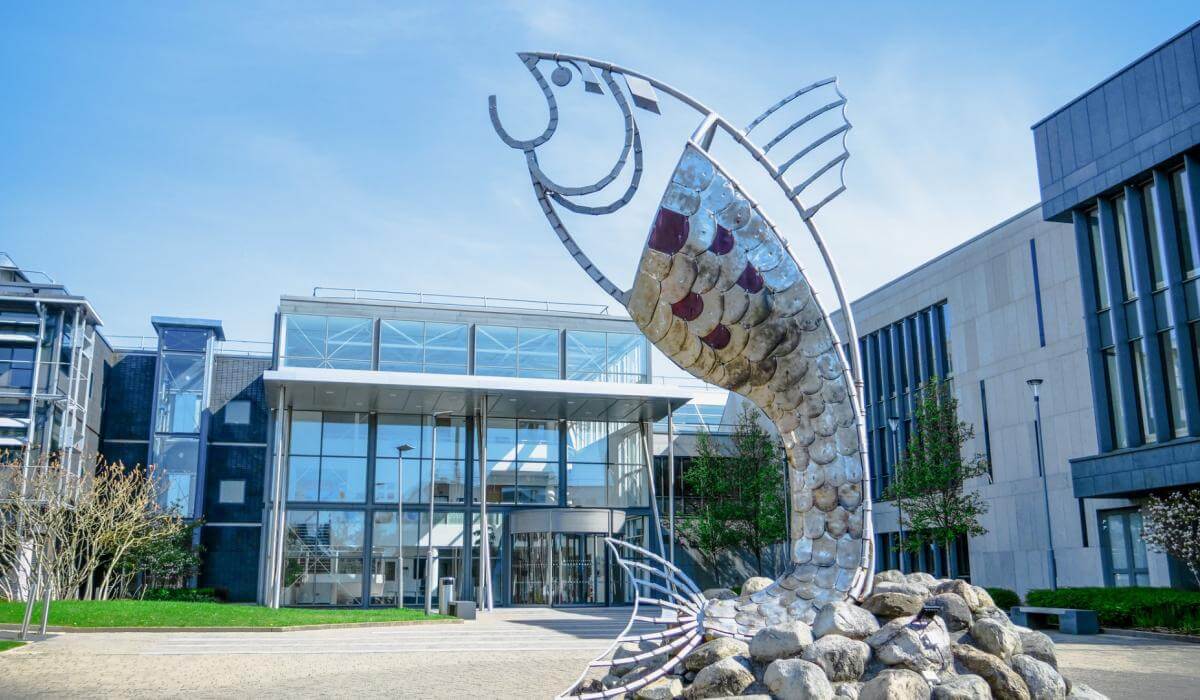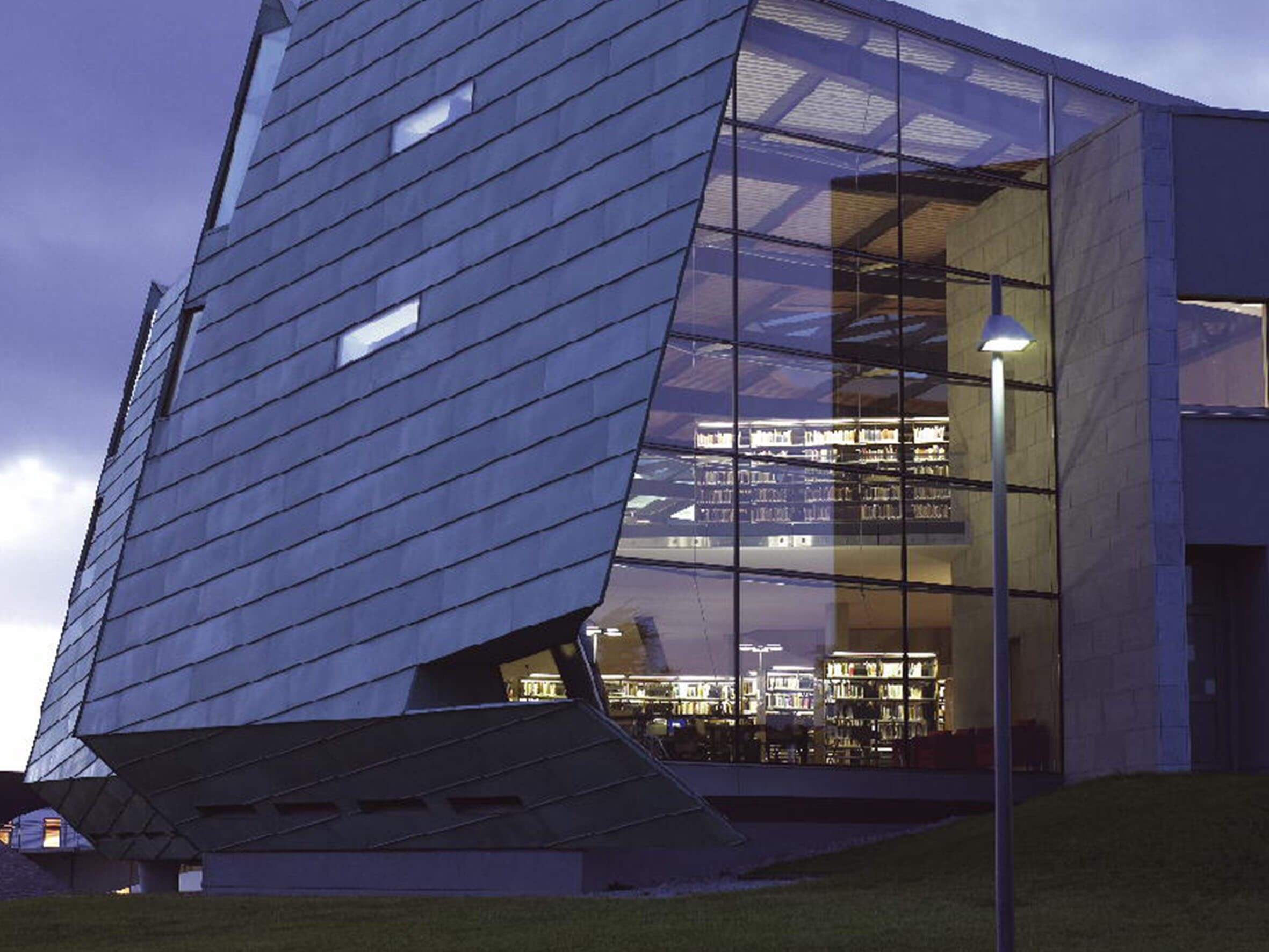Course Details
Year 1
Learning and Innovation Skills
5 credits
Biology 1.1
15 credits
Chemistry 1.1
15 credits
Physics 1
15 credits
Mathematics 1.1
10 credits
Year 2
Introduction to MATLAB Programming
5 credits
Digital Systems and Interfacing
5 credits
Astronomy and Astronomical Optics
5 credits
Technical Project
5 credits
Physics 2
10 credits
Electronic Instrumentation
10 credits
Control and Instrument Systems
10 credits
Mathematics 2
5 credits
Limnology and Oceanography
10 credits
Green Energy Technologies
5 credits
Quality Management I
5 credits
Biopharmaceutical Unit Processes
5 credits
Good Manufacturing Practice
5 credits
Scientific and Professional Communication
5 credits
Year 3
Advanced Electronic Instrumentation
5 credits
Computerised Instrument Systems
5 credits
Imaging for Medical and Industrial Applications
5 credits
Metrology, Standards and Calibration
5 credits
Instrument Design Team Project
5 credits
Project/Placement 3
10 credits
Relativity, Electromagnetism and Quantum
5 credits
Mechanics and Thermodynamics
5 credits
Mathematics 3
5 credits
Robotics and Automation
10 credits
Year 4
Applied Optics and Optoelectronics
5 credits
Signal and Image Analysis
5 credits
Mathematical Modelling for Physics
5 credits
Data analysis, Modelling and Geographic Information Systems
10 credits
Project 4
10 credits
Spectroscopic Instrumentation and Microscopies
10 credits
Control and Instrument System Modelling and Design
10 credits
Electromagnetism
5 credits
Solid State and Semiconductor Physics
5 credits
Advanced Automation and Control
5 credits
History and Philosophy of Science
5 credits
Introduction to Astrophysics
5 credits
Quantum Mechanics
5 credits
Mathematics for Civil Engineering 3
5 credits
Embedded Systems 1
10 credits
Show less 


